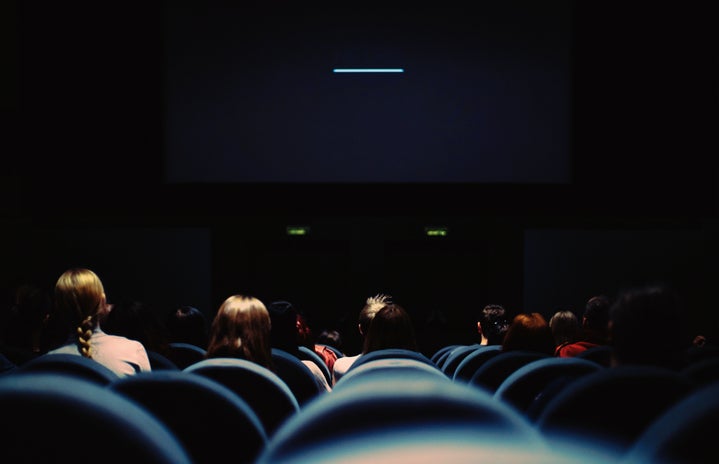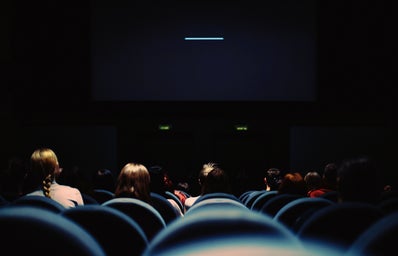Last summer was a big one for the box office. With Top Gun grossing over 700 million USD, it felt like everyone I knew was at the cinema at one point or another. But these massive Paramount and Marvel releases are made to capitalise. Sure, there’s some artistic integrity, but when the 5th Marvel film or series in a year is being churned out as a major release, it can feel like Hollywood is becoming more and more vapid. With how few and far between they are, most movie-people pay attention to mainstream releases directed by women. For me, Bodies Bodies Bodies was one that positively surprised me.
Halina Reijn’s English-language A24 debut was one of the only summer releases directed by a woman (grossing behind Where the Crawdads Sing, which earned 34% on Rotten Tomatoes). Though it was playing in most theatres by late August and September, I wouldn’t say that the film is for everyone. Bodies had a specific audience, and in my opinion, connected with it perfectly.
Reijn’s film is described as a Horror/Comedy, which is interesting considering how wildly different these genre counterparts are. Jordan Peele has mastered this genre; he proves that the horrifying can have some humility and moments of normality. But Reijn’s film, while a comedy, and also scary, is nothing like what Peele has to offer. Bodies feels like a murder mystery with an audience so specific that the violence and tragedy become all the more real. Some of the silly characters felt chillingly like people I know, even in the extreme and murderous circumstances they are put in. The film satirised my generation and the way we communicate in a manner that was neither patronising nor exaggerated. The angle Reijn takes is frequently attempted in movies and TV shows that try to emulate the digital age and its consequences on the younger generation. But Bodies managed to do this in a way that didn’t feel like a parody, or like the audience was meant to be laughing at the characters, but rather, with them.
This quality is rare, but the film also has a clear intended audience (one like myself), which has to be acknowledged in my high praise. Of course, I thought it was quietly genius, introspective, and understated, but that’s because, like many other woman-directed films in recent years, it was made for me.
In contrast, the release of Olivia Wilde’s film Don’t Worry Darling dragged on for years, and its anticipation and high stakes arguably impacted the way the film has been received by critics and the general public alike. With a below 50% rating on Rotten Tomatoes, Wilde’s skill as a director has come into question, but as a woman, an underrepresented group in the industry, it has also raised the question of the standard she is held to in comparison to her male counterparts. While this is an important point to think about, Don’t Worry Darling felt impersonal, and on a scale too large, compared to Wilde’s other works. Booksmart (2019) is similar to Bodies Bodies Bodies in that it has a specific intended audience, and was able to successfully connect with the viewers.
Other mainstream films, such as Babyteeth (2019) and Ladybird (2017), are not comedies, but are both directed by women, and are similar examples of how these coming-of-age stories are more successful in connecting with their audience when told by the people who live similar experiences. And though Bodies and Booksmart are just good fun, and are portrayed with more ‘relevant’, Twitter-y, and successfully tackle Gen-Z language, the same argument can be made.
Movies like Top Gun and Elvis, while entertaining and at times recommendable, don’t feel quite as clever and refreshing to me as Bodies Bodies Bodies. It’s not hard to forget what it feels like to be represented in film when the industry is inundated with male directors telling male stories.


